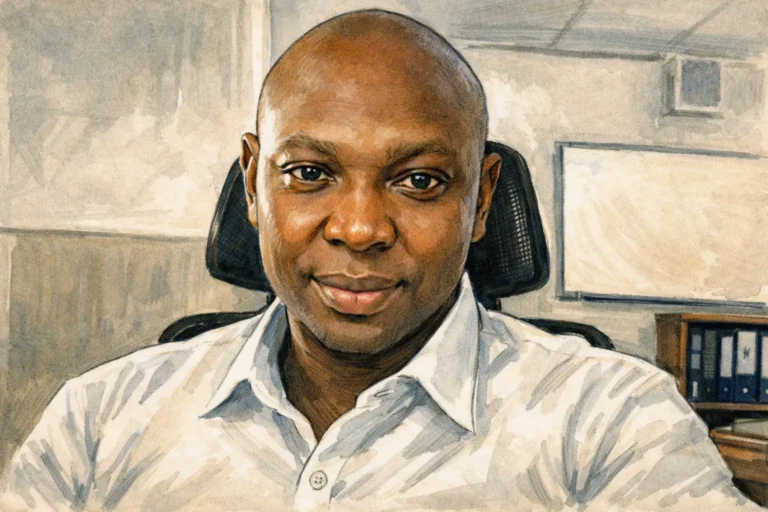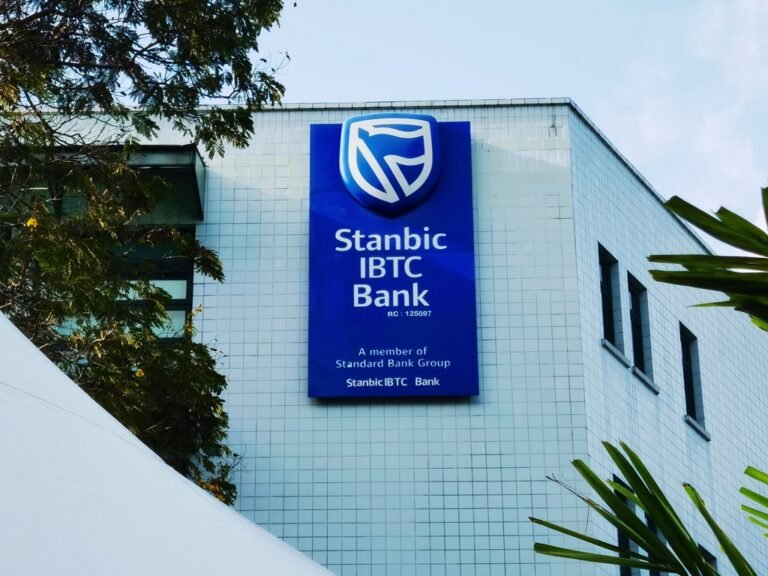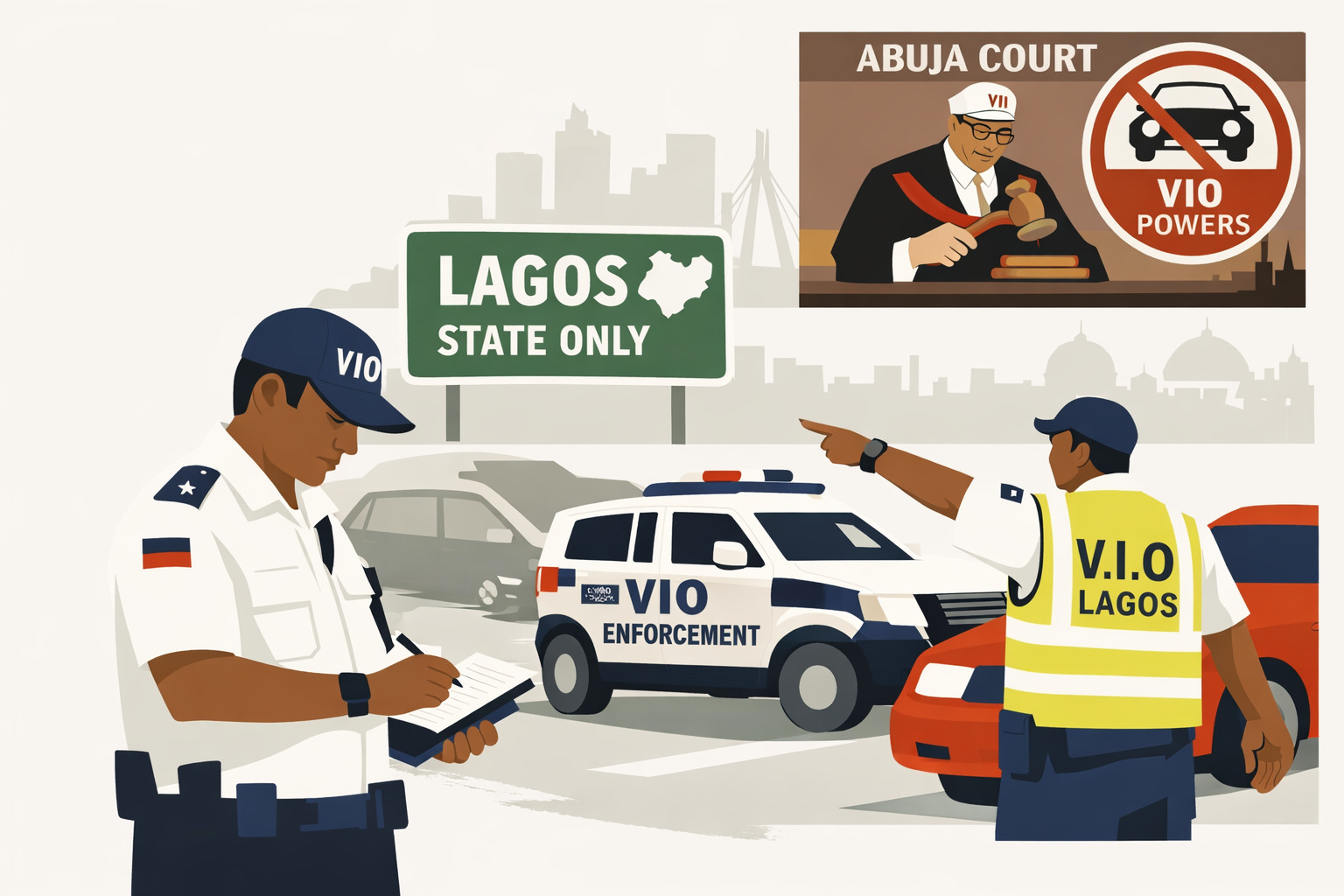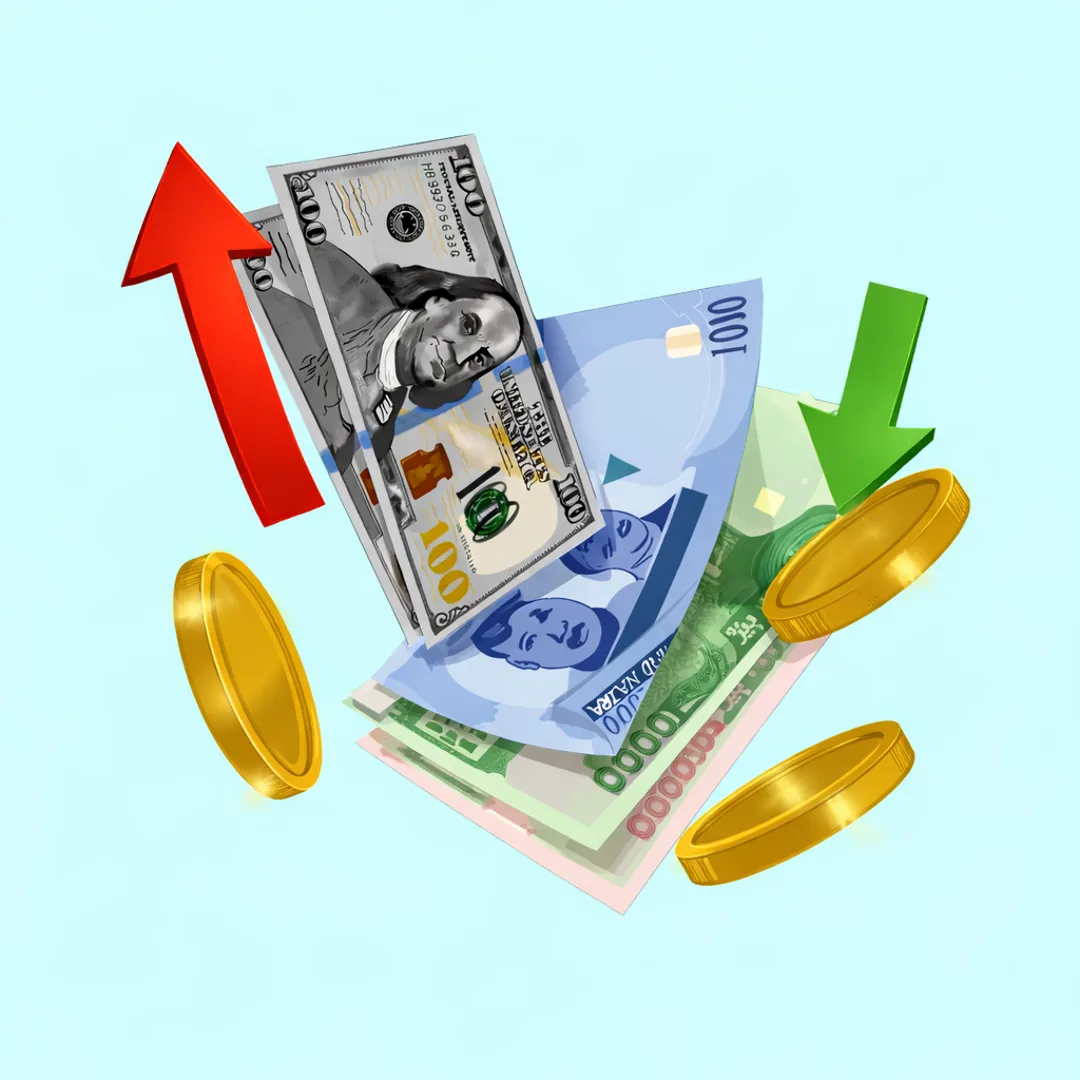UK inflation figures rose more than expected in July, climbing to 3.8% as higher food prices, petrol costs, and a sharp rise in air fares drove up the consumer prices index (CPI).
The figure, up from 3.6% in June, has now remained above the Bank of England’s 2% target for ten consecutive months. The increase overshot market forecasts of 3.7%, making it less likely that the Bank of England will cut interest rates again this year.
Air Fares Driving Inflation
The Office for National Statistics (ONS) said much of the rise came from air fares, which surged 30% month on month due to the timing of the summer holiday season. Petrol also added 0.1 percentage points to inflation compared with last year, while food and non-alcoholic beverages rose 4.9% year on year, up from 4.5% in June. Beef, orange juice, coffee, and chocolate were among the hardest-hit items.
Supply issues have also played a role. Droughts in Spain, Italy, and Portugal, where much of the UK’s fresh produce is sourced, have pushed up prices during a period when they would normally fall.
The rise in food prices is expected to complicate government pay negotiations with public sector unions. Ministers want to keep annual pay rises below 4%, but rising household costs are likely to fuel stronger wage demands.
Rail fares are also expected to rise next year. Regulated ticket increases are linked to July’s retail prices index (RPI), which stood at 4.8%, meaning fares could climb 5.8% in 2026.
No Hope of Interest Rate Cut
Analysts warned the likelihood of another interest rate cut this year had diminished. However, the National Institute of Economic and Social Research (NIESR) said inflation is still on track to fall back to the Bank’s 2% target by the end of 2026.
The Bank of England cut rates to 4% earlier this month, but several policymakers opposed the move, preferring to wait for clearer evidence that inflation was trending downwards.
NIESR economist Monica George Michail said “Given that several of the current drivers of annual price increases are one-off policy changes, we think the Bank of England may look through them and cut interest rates one more time this year. However, there remain upside risks, especially from food prices and sustained wage pressures, which will force the Bank to remain cautious.”
Chancellor Rachel Reeves on her part said the government had taken steps to ease the cost-of-living crisis: “We have taken the decisions needed to stabilise the public finances, and we’re a long way from the double-digit inflation we saw under the previous government, but there’s more to do. That’s why we’ve raised the minimum wage, extended the £3 bus fare cap, expanded free school meals to over half a million more children, and are rolling out free breakfast clubs for every child in the country.”


























